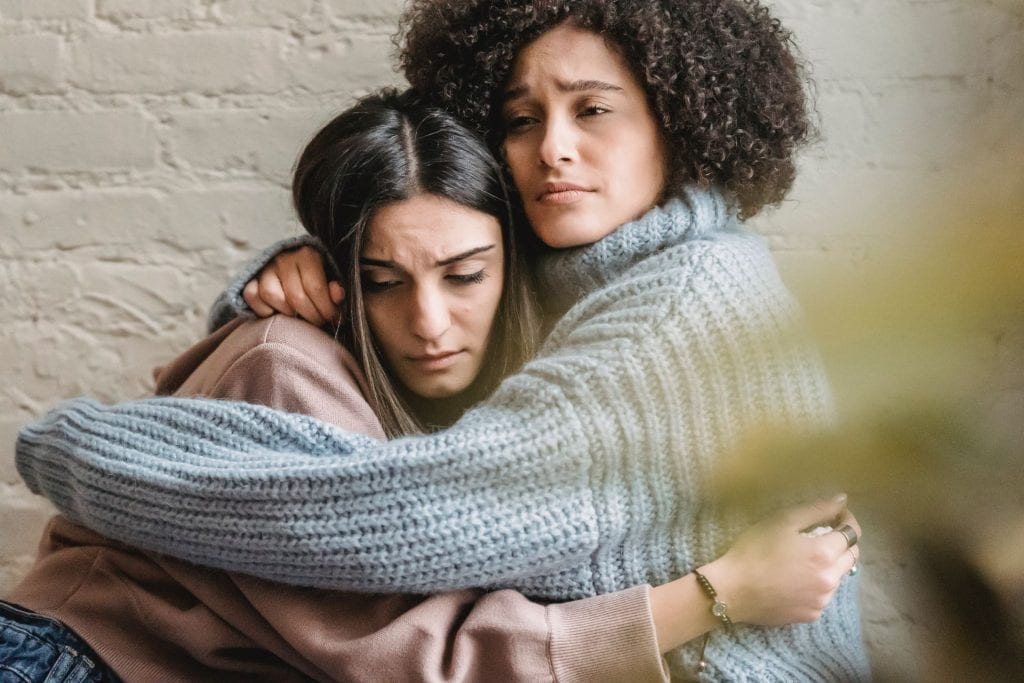College student mental health is important. College life can be stressful and negatively impact college students’ mental health. But a recent study by faculty in psychology, sociology, and social work also found that adverse childhood experiences (ACEs) matter when it comes to college student mental health.
Dr. Toni Watt and Dr. Seoyoun Kim (sociology) teamed with Dr. Natalie Ceballos (psychology) and Dr. Christine Norton (social work) to study the relationship between ACEs and mental health in college students. Their study–“People who need people: the relationship between adverse childhood experiences and mental health among college students” published in Journal of American College Health–also explored how health behaviors and social support factor in. They surveyed over 400 students about their ACEs, diet, exercise, smoking, binge drinking, social support, depression, anxiety, and demographics.
They found that college students who reported having four or more ACEs (the high ACEs group) also reported having depression at significantly higher rates than students with fewer ACEs.
They did not find differences in health behaviors between high and low ACE groups; both groups reported similar patterns of eating, exercise, smoking, and binge drinking. This finding differed from prior studies that reported poorer health behaviors in high ACEs groups.
However, they did find significant differences in social support: The high ACEs group reported significantly lower levels of social support.
Social support is critical because the team also found that low social support predicted depression/anxiety–the less social support, the more likely participants were to report depression. They also found that high social support mediated mental health outcomes–the more social support, the better the health outcomes.
Given how essential social support is to improve mental health outcomes, the team recommends a solution to use, even on campuses where counseling centers are overwhelmed by the number and complexity of cases. The team recommended peer support programs where trained peer support specialists ” model healthy behaviors, offer emotional support, and help struggling students feel connected to other students and the campus community.”

